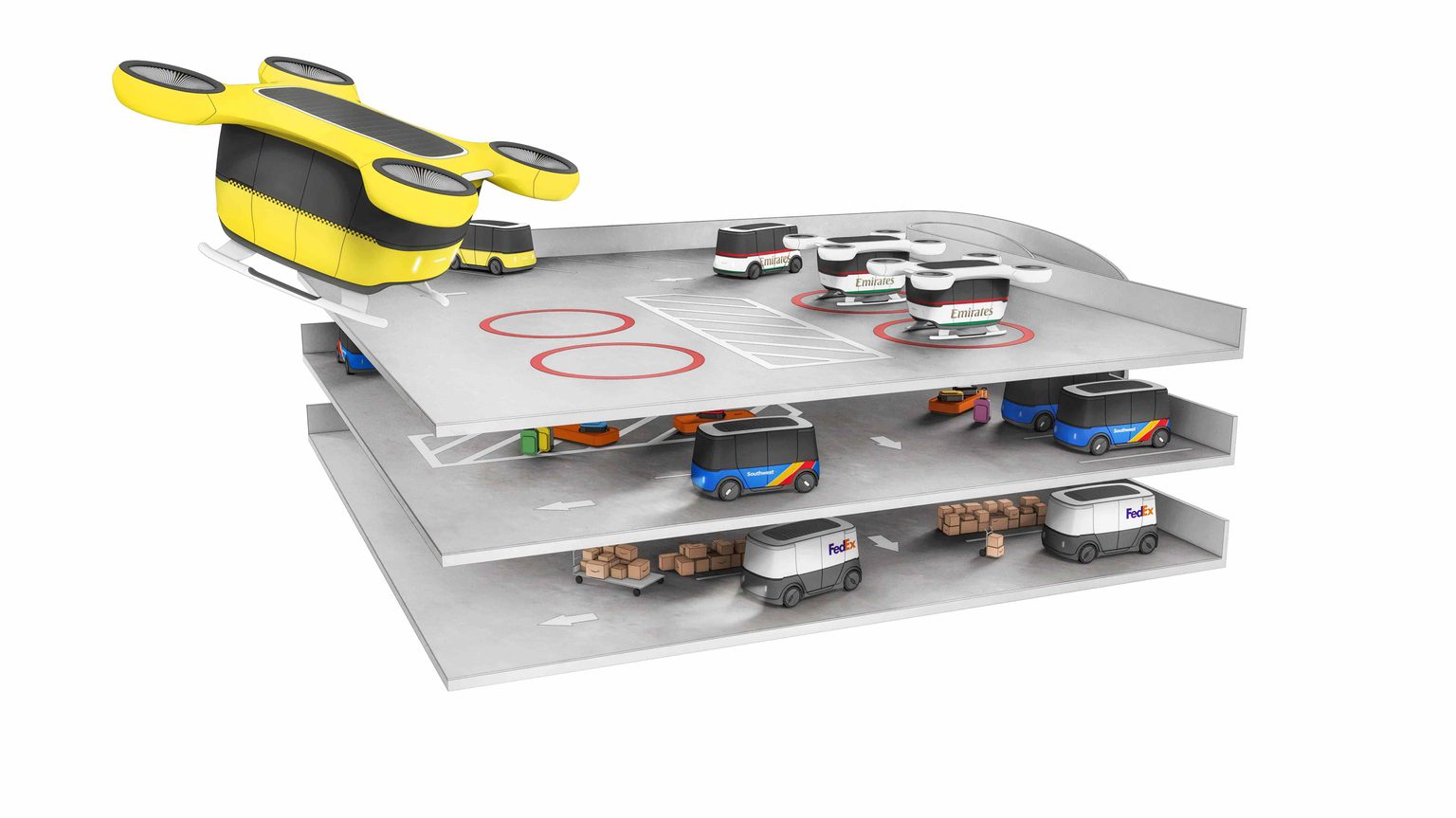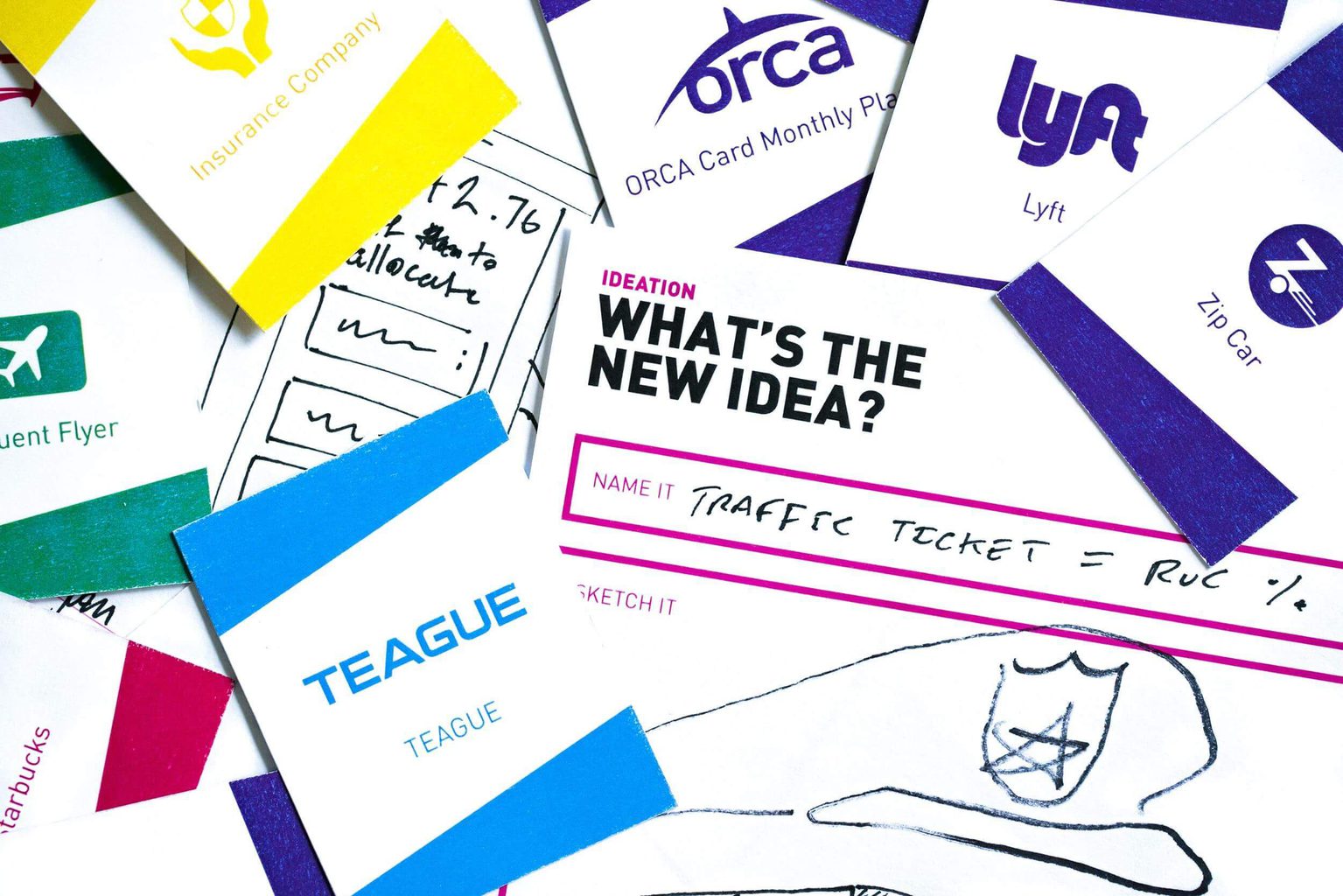
Mobility

Everyday, millions of people stop at gas stations across the country to fill up their cars. What most don’t realize, namely because it’s factored into the price per gallon, is that they’re also being charged what’s known as a gas tax, and have been for years.
Considering the vast majority of road usage can be mapped to gasoline consumption, the gas tax has been a fairly elegant means of building the coffers used for road projects and maintenance. In Washington state, where residents are charged around $0.50 per gallon extra, highways are almost entirely user-funded through this tax and highway tolls. In fact, every state in the country charges their own gas tax, which historically has allowed state governments to afford maintaining safe, drivable roads.
Over the last decade however, we’ve witnessed steadily rising gas prices, which has led to a resurgence in both ride sharing and the purchase of electric vehicles. While no individual can argue with the benefits of these two options, state financial resources to repair and maintain our roads will soon take a critical hit through a decline in gas tax revenue as more people shift away from single-occupant, gas-powered cars.
In order to create a more equitable, sustainable system to fund vital maintenance of our roads, highways, bridges, and ferries, states across the country, Washington included, have begun experimenting with Road Usage Charge models (“RUC”). Designed as a pay-per-mile system that treats roads similar to public utilities, RUC pilot studies are testing varying ways of charging drivers by the distance they drive, regardless of vehicle type. In Washington, the pilot is testing a per-mile rate that is based on the amount that the average driver currently pays in gas taxes each year, which is around $288 annually. This equates to 2.4 cents per mile.

"Given Teague’s experience designing for a breadth of mobility experiences, we knew they’d be a perfect fit to tackle this project."
Equipping 2,000 pilot drivers with assorted high and low tech methods of tracking their miles over the course of 2018, the WA RUC project’s D’Artagnan Consulting approached Teague with a unique challenge: How do they not only fairly portray the concept of what would be a very apparent tax to drivers, who have been overlooking a baked-in one for decades, but to bring to light individual and community benefits of the program that simply weren’t possible before.
“Given Teague’s experience designing for a breadth of mobility experiences, we knew they’d be a perfect fit to tackle this project, so we asked for their ideas.” says Jeff Doyle, a partner with D’Artagnan Consulting, who has been advising the state of Washington on RUC since its inception in 2012.
Teague’s think tank of designers and strategists got to work, spending a few hours rapidly generating concepts for what services, products, policies, and features might arise from taxation based on road usage. With a unique and deep-rooted perspective on fusing travel and technology, the team was able to emerge with three concept themes and dozens of ideas. Here’s what we came up with:
Insight no. 1
In a mileage-based system, miles could be viewed as a type of currency. Governments would wield this notion toward various ends, introducing a tangible means of reward not possible with the gas tax. Here are some examples of how this might take shape:
Insight 02
RUC programs will generate road usage data and monthly reminders for drivers of their own road usage and tax. When we integrate this wealth of usage data with a tight communication loop for citizens, the prioritization of transportation projects reaches a level of quality and optimization not seen before. Here are some ideas around what’s possible when these powers combine:
Insight 3
Aggregated road usage data unearths and provides traffic behavior insights down to the street corner. Just as GPS navigation dynamically redirects users through less obvious but more expedient streets, RUC designations can influence traffic behavior and reward users for being more civic-minded in the routes they choose. How might this work?
As cars become increasingly fuel-efficient and more people take advantage of ridesharing, it’s important that we continue to evaluate long-term, sustainable transportation-funding alternatives to replace archaic gas tax systems across the country. Maintaining our roads, highways, ferries, and bridges to ensure the safety of travelers everywhere needs to remain a priority, but through innovative taxing methods, like RUC’s, that are capable of rewarding and empowering citizens, we can evolve the future of transportation together.

If you’re interested in contributing to the sustainability of our roads and influencing future mobility, we’d love to hear your thoughts and ideas at hello@teague.com.